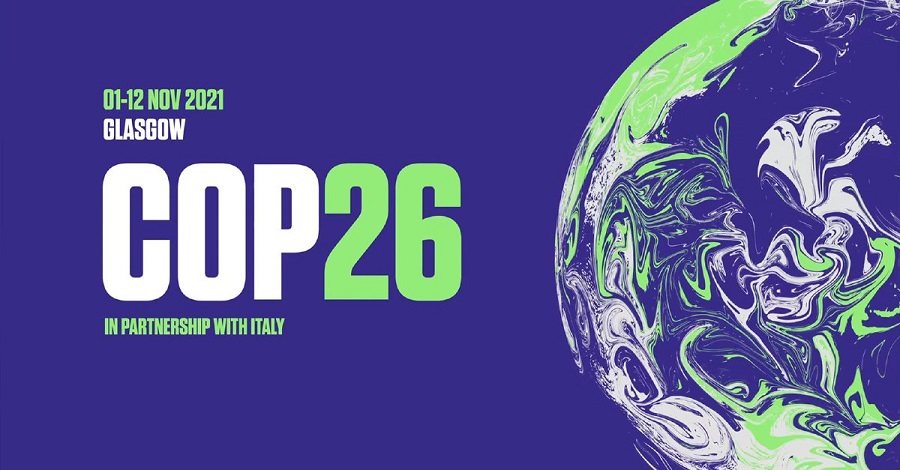 Professionals from WHO, the Ministry of Health and Medical Education, and academia came together on 6 November to participate virtually in the UN Global Conference on Health and Climate Change
Professionals from WHO, the Ministry of Health and Medical Education, and academia came together on 6 November to participate virtually in the UN Global Conference on Health and Climate Change
8 November 2021, Tehran – Experts from the Ministry of Health and Medical Education, academia, and authors contributing to the Intergovernmental Panel on Climate Change from Islamic Republic of Iran came together with World Health Organization professionals on Saturday 6 November to participate in the UN Global Conference on Health and Climate Change.
The Islamic Republic of Iran is partaking in the Conference of Parties of United Nations Framework Convention on Climate Change (COP26) by presenting 3 nationally determined contribution reports to the United Nations Framework Convention on Climate change (UNFCCC), to which the country is a signatory, and preparing a country profile on climate and health through its Ministry of Health and Medical Education and published jointly by World Health Organization and UNFCCC (Iran Climate and Health profile, 2015).
The participants kept the spirit of COP26 alive by discussing health issues impacting societies on a broader spectrum on the sidelines of the conference, in both virtual and in-person attendance in light of the COVID-19 pandemic that has mandated hybrid participations across the world.
At this year’s event, health is the main scientific topic being addressed throughout a full-day session organized by WHO highlighting the fact that living in a healthy environment is an undenianle human right. It builds on the notion that while not fitting into the classic definition of a pandemic, climate change has enough impacts on livelihood that it needs to be addressed as one.
On track with its pledge to participate in international efforts to mitigate global climate change, Islamic Republic of Iran is also contributing to COP26 in partnership with national ministries and organizations, including the Ministry of Health and Medical Education and the National Climate Change Office under the auspices of the Department of the Environment.
Climate change affects health in a myriad of ways, resulting in poorer health outcomes and increasing mortality through a range of ways, including increasing natural disasters such as droughts, floods and heatwaves, decreasing the environmental and social determinants of health, such as the quality and quantity of fresh water and food supplies, and by altering transmission of waterborne and vector-borne infectious diseases.
In this context, health is a significant piece of the solution puzzle. In other words, strengthening resilience of the health systems against climate change protects people from emerging threats in the short and long term while sustainable low carbon health systems can make a substantial contribution to reducing national and global emissions.
As the second largest country of the Eastern Mediterranean Region, Islamic Rrepublic of Iran is highly vulnerable to the effects of climate change as it is geographically located in an arid and semi-arid region having faced temperature increases, decline in precipitation, drought, desertification, soil erosion, and loss of biodiversity over the recent years. In addition, heat stress and respiratory challenges are 2 important concerns that will be brought on by climate change.
The WHO country office in Islamic Republic of Iran continues to support national climate change and health activities by providing technical, financial, and institutional support to the Ministry of Health and Medical Education (areas of operation available here). Many interested health professional requested and received information in advance regarding the health section of COP26.

The 2021 Global Conference on Health and Climate Change, with a special focus on climate justice and the healthy and green recovery from COVID-19, will convene on the margins of the COP26 UN Climate Change Conference.
WHO prescribes and provides a manifesto of actionables for a healthy recovery from COVID-19 (WHO manifesto) to create a healthier, fairer and greener world while investing in maintaining and rejuvenating the economy hit by the reverberations of COVID-19. The COP26 health programme priorities mainly focus on building climate resilient health systems developing low carbon sustainable health systems.
The COVID-19 pandemic has highlighted the need for strengthening the ability of health care systems to anticipate, prevent, detect, respond, and recover from overlapping risks in a sustainable way. The above mentioned areas of focus for the health sector translate into improving climate resilience of health systems in order to promote adaptation strategies that focus on reducing vulnerability to the immediate and predicated impacts of climate change, and increasing the capacity of countries and communities to be more resilient and to cope better with unexpected situations. They also entail lower carbon emissions and developing sustainable health systems to promote sustainable mitigation strategies which reduce emission sources of heat-trapping greenhouse gases into the atmosphere.








